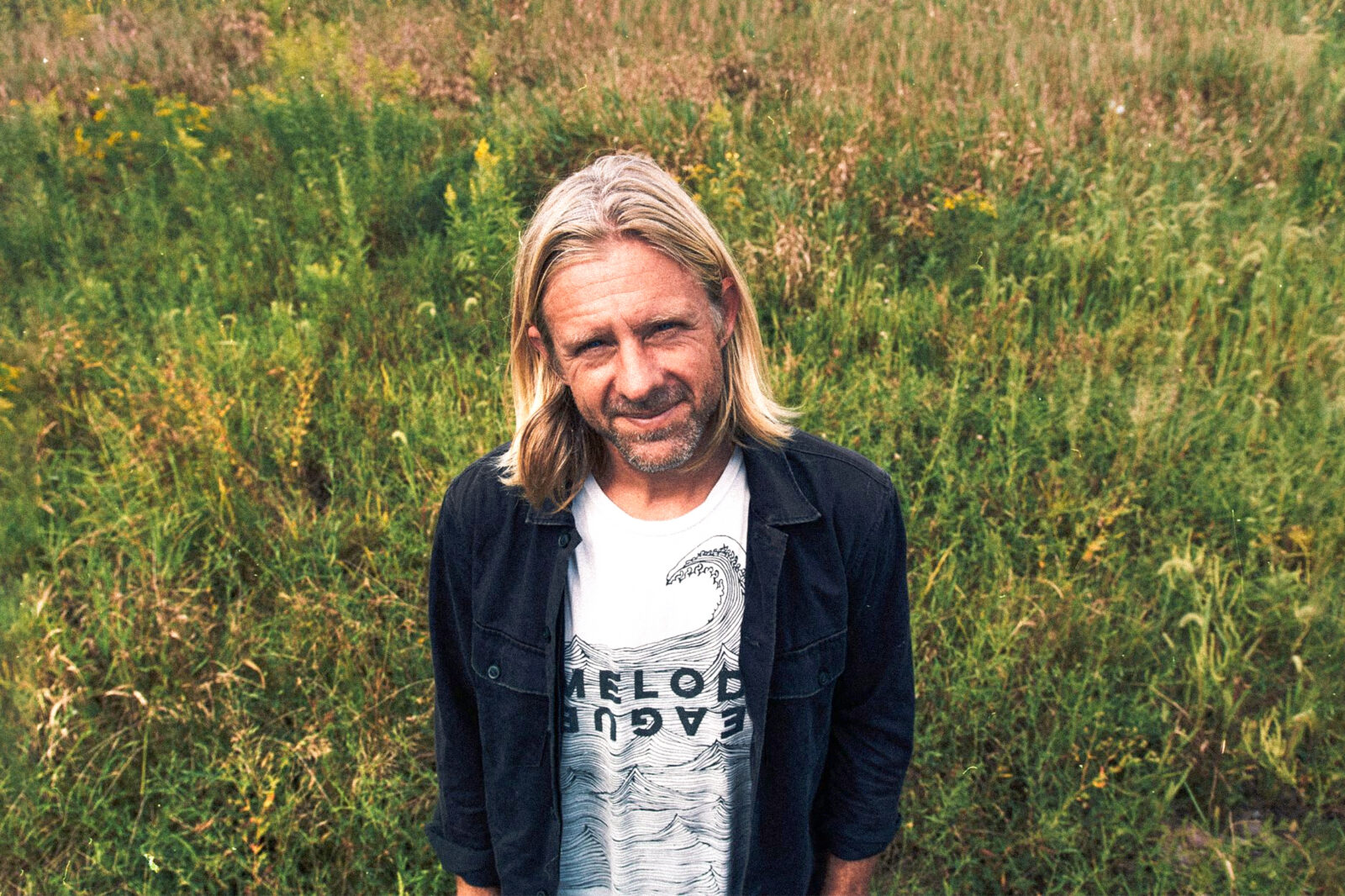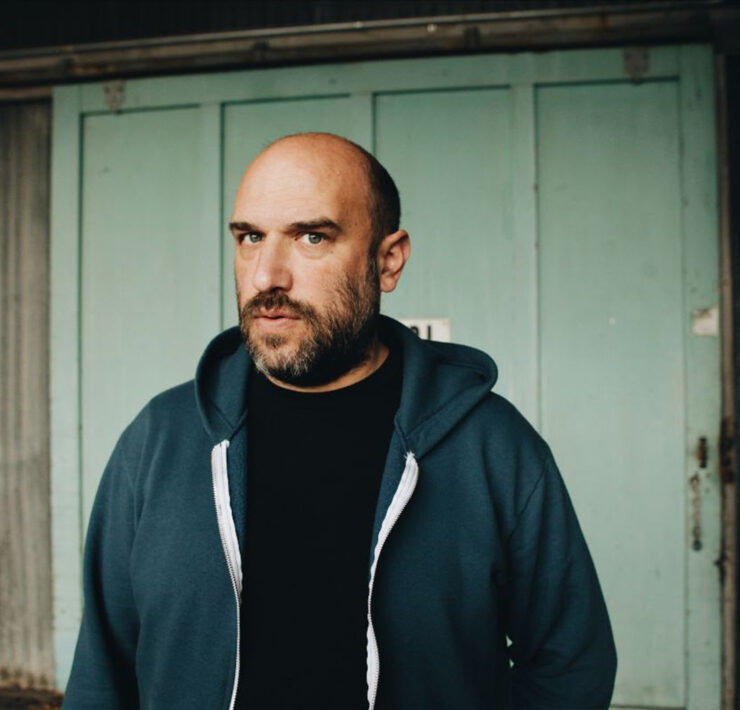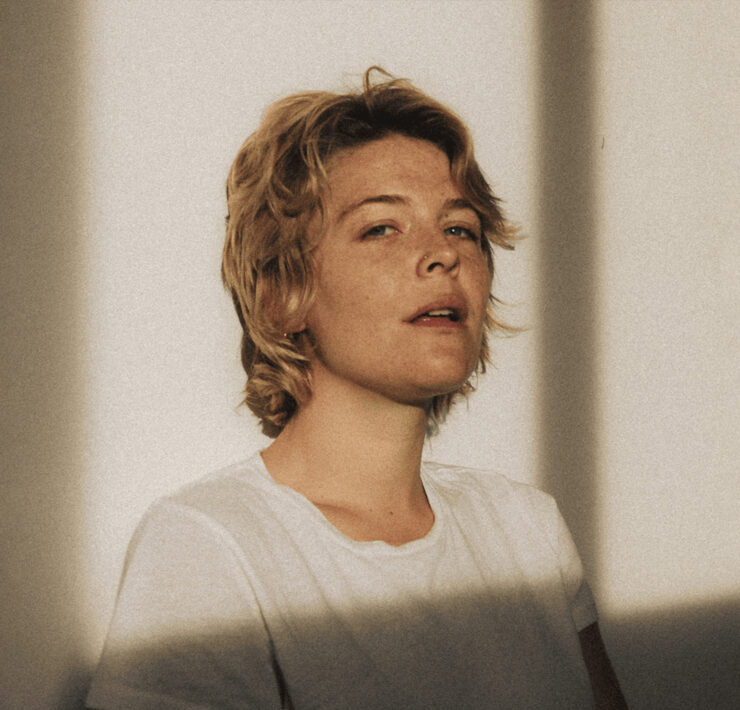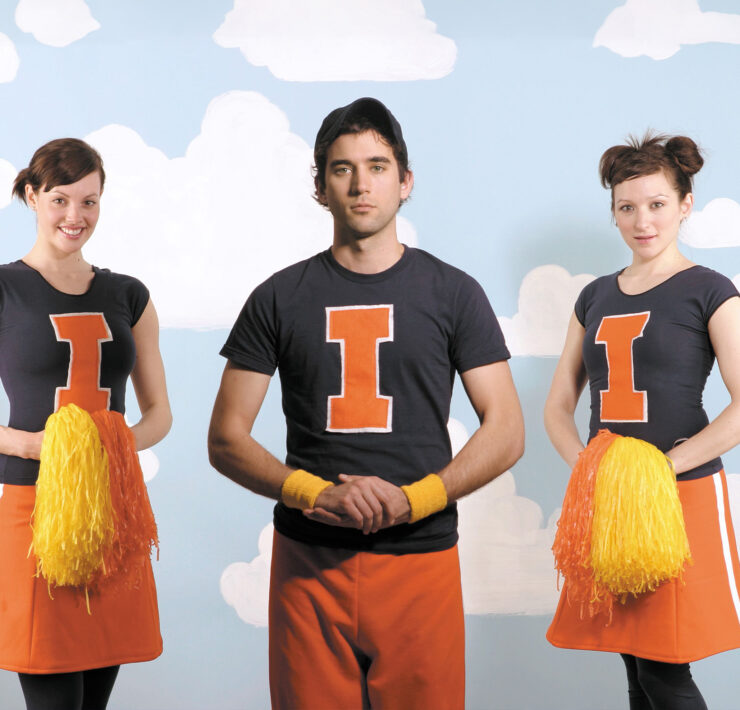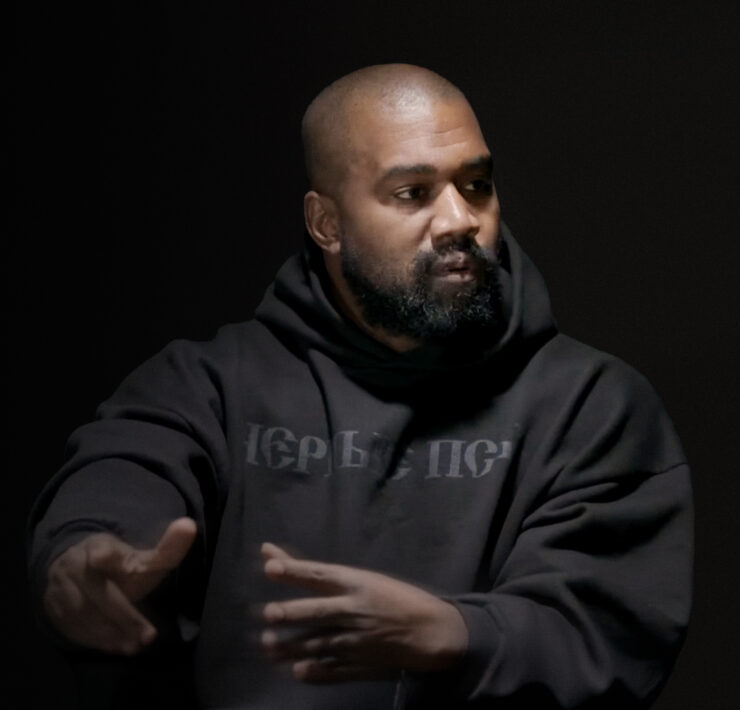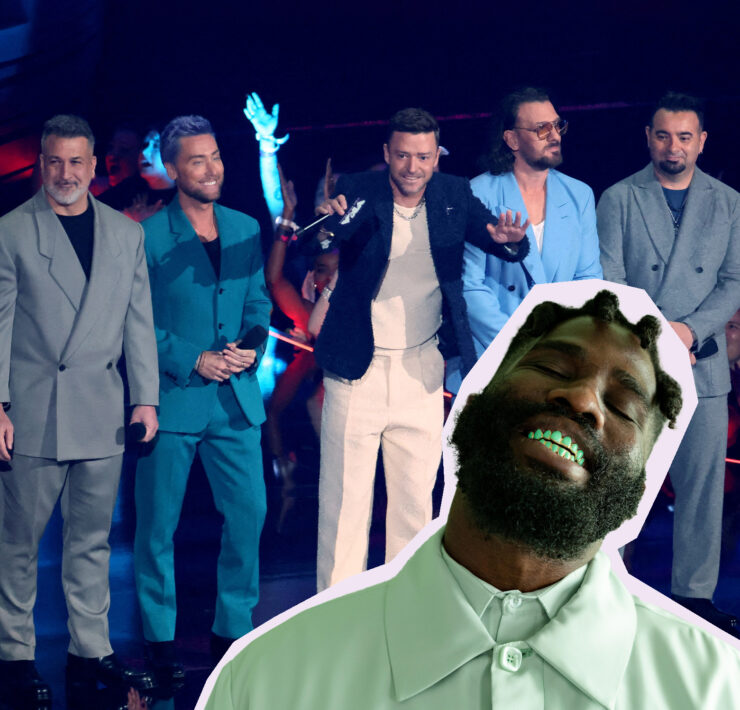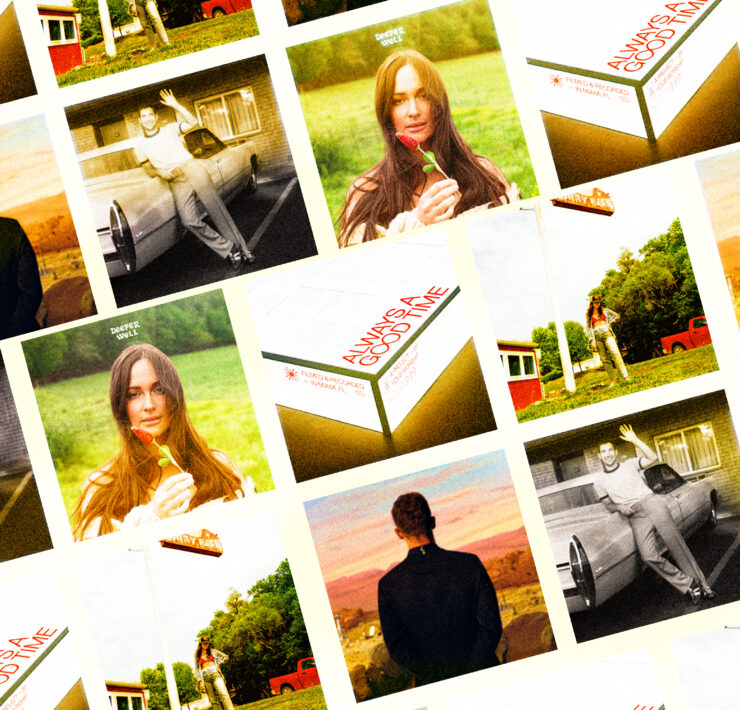Jon Foreman is restless. He spends much of our Zoom conversation pacing his house, device in hand. He’s used to action — touring, surfing, biking and, of course, performing. Whether as frontman for Switchfoot, a member of Fiction Family or his own solo career, Foreman has never been one known to sit still for long. That is, until 2020, when sitting became pretty much all we can safely do.
Foreman poured his free time into a solo album called Departures. True to much of Foreman’s solo work, it’s a sparser, quieter album than Switchfoot’s surf rock — more Kings of Convenience than Kings of Leon. It’s also, true to form, bracingly honest.
Foreman will answer pretty much any question, no matter how unflattering the answer. Over the course of our conversation, he opened up about his discomfort with being the frontman for a rock and roll band, his distaste for looking at his own face and his spiritual doubts, which he calls “a necessary part of existence.”
This conversation has been lightly edited for length and clarity.
Have you found interesting ways to keep busy while staying COVID safe?
Interesting is a subjective term. Somebody else is going to have to define whether what I was doing was interesting. But I have found fulfillment and joy, and I’ve found really dark depressing moments as well.
I think that this period of time for me was kind of a house of mirrors. I was left with all the things that, for years, I was able to avoid. It was just me in the room. That is the worst.
Some newspaper in London was having this essay contest of what is wrong with the world. G.K. Chesteron’s reply was, “Dear sirs and madams, I am.” This time at home has definitely brought that to the forefront of my mind.
And yet, it has allowed me to deal with things that I would’ve otherwise never dealt with, because I don’t like dealing with them and I don’t want to face them. In that way, on a personal level, it has been productive. I think for me as a musician, so much of what I do in the studio is an exorcism of those dark places.
How big picture are you thinking when you start songwriting?
It’s tiny. It’s so microscopic. There is an element of songwriting that becomes big picture — you step back and you think, “Oh, man. I’ve written so many sad, depressing songs. I might need to write a song that’s upbeat.” There’s that element of songwriting that goes into the production of a record. But I think the true granular beginning of every song is a pulse check. “What inspires me right now? What am I feeling?”
I used to think it was a horribly self-centered discipline to just dive in and say, “What is the thing I want to say that I’m scared to say?” But then I’ve come to realize that a lot of those things that you’re terrified to say are things that other people are terrified to say as well. That’s the flip side of introspection. I hope and pray that somebody else out there feels the way I do.
Is songwriting ever too limited of a medium for the ideas you want to explore? Like, “I want to get this on paper, but it just doesn’t fit in a lyrical format that makes sense”?
Yeah. There’s a song on the new record, I ended up calling “The Valley of the Shadow of Planned Obsolescence,” which is essentially a great example of a song where I’m trying to express that at the end of all of 2020 or any other year, I want to be holding physical hands with somebody near me that I love, and no proximity of technology can actually get me there. I don’t want to be staring at a screen the moment I lose consciousness. These aren’t things that, especially this last year, that we’ve had the luxury of experiencing. So many people passed away far away from the people they loved.
For me, that’s a song that felt fairly obtuse but I managed to fit references to MySpace and Justin Timberlake in there. I think it rhymed at some point.
So what is the theme of Departures?
The title is almost a misnomer. It’s tongue in cheek because this is the year that no one left their house. I didn’t go anywhere, but I’m putting out an album called Departures.
But in some ways, I feel like it was the biggest departure that I’ve ever been a part of. The entire human race went somewhere that we’ve never been before. When I think back to this album, I think it was unpacking what it means to embark on a journey, whether that’s faith, technology, family, the introspection, all these things that we hold closely and feel are secure, have now been shattered and scattered. Where do we go? We’re headed somewhere whether we like it or not. That’s where the record came from. That’s what it means to me.
Is this a departure that we’re going to come back from?
There are things that are worth holding onto, and then there are things that we will have to let go. On a very practical level, this is the first year that I’ve been home since I started playing in bands. For me, being home always meant failure. Being home meant that no one wanted to see us play. Financially, it meant I wasn’t bringing home a paycheck. All these things.
This year, there was no reason to feel shame in being home. Everyone was home. It allowed me to unpack what that meant with my family in a new way. That was actually needed and it probably wouldn’t have ever happened if it weren’t for this. I’m trying to hold onto those things and see, “What does it mean to tour in the future? If that ever happens again, how do I do that in a way that still is holding onto what I learned in this past year?”
You mentioned this season has been like a hall of mirrors. Is that helpful for you creatively? Are you inspired by self reflection?
No. I hate mirrors. Even now I’m looking at you [on the Zoom screen] and I see the video other weird guy up here next to you and I’m like, “Gah, not that guy!”
That’s interesting. You have a very image-centric career.
It’s one of those things that I’ve always had a mixed …Not even mixed emotions about. When we first started Switchfoot 20 years ago, I was a horrible frontman. I’ve gotten better. But some people are just great at being in front of people. I just don’t feel like have that. For me, the song becomes this thing I can roll around in.
The mirror thing, I think friendships and community are where I thrive. I need to be around other people to feel normal. Maybe that’s a human trait. That might go for everyone.
Do you feel like that’s made this album different from your past work? Because you’ve had to be inspired by something that makes you uncomfortable?
There are songs that came out in this period that I don’t know that they would’ve come out at any other time. “Jesus, I Have My Doubts” is one of those songs for me that feels like it’s super simple, poignant, honest and represents the year for me.
Tell me more about that one.
I always say I start with darkness and aim for the light. The song is a vehicle for me to aim towards something that I hope for. I’m hoping to get somewhere that I’m not, and the song is this transportation to be able to potentially depart and arrive somewhere else.
With “Jesus, I Have My Doubts,” it’s a cathartic lullaby where you just say, “I’m going to be honest with you about a bunch of things right now.” It’s a confession.
There’s so much of what I love about music, the Psalms or poetry that feels like you can simply, with a phrase or a certain chord, evoke a feeling. It’s like magic. It’s such a strange magic, because it works on the people that are actually playing it. As a musician, you’re playing it and you’re like, “Oh, my gosh. It worked on me too.” It’s a strange thing.
Do you feel like chronicling all these confessions has shaped you?
Absolutely. Unbelief is a necessary flipside of the coin of allowing yourself to confess faith. I can’t imagine cutting that part of me off. It’s an important, necessary part of existence.
It’s a strange thing because I look at the Scripture and I see broken, horrible representations of people trying their best and failing. Doubt and yes, hope, but also fear and everything else. I feel like we are not doing ourselves any favors by pretending to be something that we’re not. If I couldn’t be myself in a song, then why would I be writing songs? I take full advantage of that. I’m thankful that I grew up in an environment that felt like that was a good, healthy part of existence.








